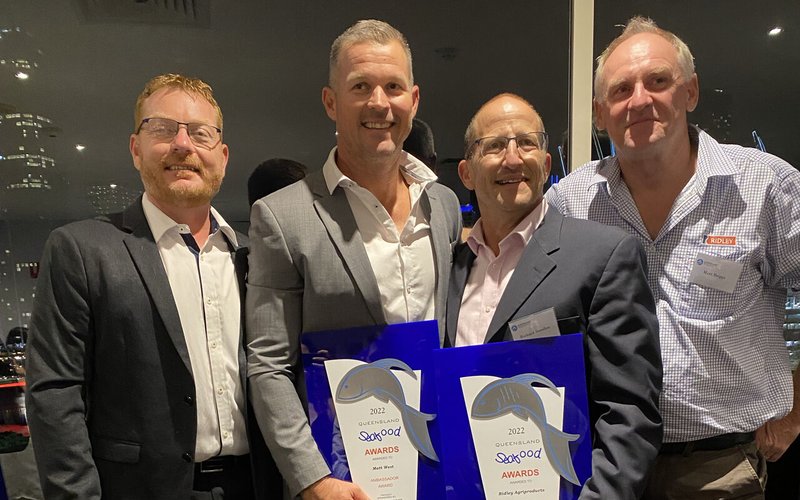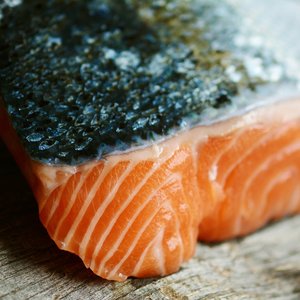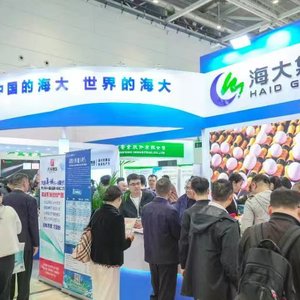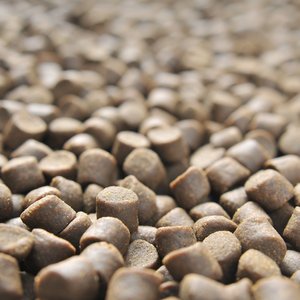More than a decade of research and significant investment has paid off for Ridley with their world’s first fish-free tiger prawn commercial feed lauded as a step-change by industry.
In 2021, Ridley, Australia’s largest commercial provider of high-performance animal nutrition, partnered with Mackay-based Australian Prawn Farms to successfully complete a commercial-scale trial of a breakthrough prawn diet that includes no marine resources.
Capitalizing on this experience, Ridley has launched the Propel range of tiger prawn diets this season, which is low in marine resources creating the most sustainable and high-performing diets in the Australian market today.
In recognition of this achievement, Ridley won the Environmental award at the Queensland Seafood Industry Council 2022 Awards, held in Brisbane last week. Ridley’s Richard Smullen thanked the Council and APFA for their acknowledgment of Ridley’s investment. “Innovation like our Propel diets that support sustainable production takes time, as well as significant input from our research and industry partners. We are proud of the fact that we’ve developed a high-performing product that reduces the need for marine resources in prawn feed, and allows for a significant reduction in protein levels resulting in a level of nitrogen released to the environment that is sustainable and certifiable by independent certifying bodies,” Smullen said.
Propel feeds are made from plant and animal raw materials and include two key ingredients, a microbial biomass ingredient called Novacq™ which was developed by CSIRO and licensed exclusively to Ridley in Australia, and a highly digestible land-based animal protein source manufactured by Ridley.
Kim Hooper, executive officer at Australian Prawn Farmers Association, said sustainable production is a high priority for the sector, and this technology is a significant breakthrough. “By the rapid uptake by farmers, you can see how important it is to our industry. This technology allows Australian prawn farmers to meet the standards for sustainable aquaculture set by Best Aquaculture Practices and the Aquaculture Stewardship Council. It’s a world first and really puts prawn farmers a step ahead in sustainable aquaculture,” Hooper said.










